PCV Valve Replacement
October 3, 2020
Hello Livonia, let's talk about your often-unnoticed but extremely important PCV valve. The energy from exploding fuel is what powers your engine. But some of the vapors from the explosions escape into the lower part of the engine, called the crankcase. The crankcase is where your engine oil hangs out. These gases are about 70% unburned fuel. If the gases were allowed to stay in the crankcase, they would quickly contaminate the oil and turn it to sludge. Livonia folks know that sludge is one of the biggest enemies of your engine, clogging it up and eventually leading to expensive failures. Also, the pressure buildup would cause seals and gaskets to blow out. Therefore, these gases need to be vented out.
Pre-1963, gasoline engines had a hose that let the fumes vent out into the air. In 1963, the federal government required gas engines to have a special one-way valve installed to help reduce dangerous emissions. (Can you imagine how polluted our Michigan air would be if every car had been releasing those poisonous fumes for the last 50 years?) Diesel engines are not required to have these valves.
The positive crankcase ventilation (PCV) valve routes crankcase gases through a hose and back into the air intake system where they are re-burned in the engine. Fresh, clean air is brought into the crankcase through a breather tube. It's really a pretty simple system, but it does the job. The re-circulating air removes moisture and combustion waste from the crankcase, preventing sludge. This extends not only the life of your oil but the engine as well. The PCV relieves pressure in the crankcase, preventing oil leaks.
Eventually, the PCV valve can get gummed up. Then it can't move enough air through the engine to keep it working properly for Livonia vehicles. If the PCV valve is sticking enough, you could have oil leaks, excess oil consumption and a fouled intake system. If you experience hesitation, surging or an oil leak, it may be a sign of PCV valve problems. Your vehicle's owner's manual may give a recommendation for when the PCV valve should be replaced - usually between 20,000 mi/32,000 km and 50,000 mi/80,000 km. Unfortunately, some don't list a recommendation in the manual, so it can be easy to overlook.
Many PCV system problems can be diagnosed by our technicians at Elite Tire And Auto Care . Fortunately, PCV valve replacement is both quick and inexpensive at Elite Tire And Auto Care. Proper oil changes will greatly extend the life of the PCV valve. Skipping a few recommended oil changes can allow varnish and gum to build up in the valve, reducing its efficiency. So now when your Livonia service technician tells you its time to replace your PCV valve, you will know what he's talking about. If you have had your car for a while and this is the first you've ever heard of a PCV valve, ask your technician to check yours out or call Elite Tire And Auto Care at 734.427.3100.
Elite Tire And Auto Care
33729 Plymouth Rd.
Livonia, Michigan 48150
734.427.3100
Need Service?
More articles from Elite Tire & Auto Care

A Bright Spark (Ignition Coil Replacement)
March 30, 2025
Ever wonder how your vehicles engine is able to take the 12-volts from its battery and ramp that up to as high as the tens of thousands of volts it takes to fire its spark plugs? The secret is something called an ignition coil. Most newer vehicles have an ignition coil at each cylinder, but olde... More

Losing Your Cool (Why is My Air Conditioning System Not Working?)
March 23, 2025
When you turn on the air conditioning in your vehicle, you expect cool air to come out of the vents. You depend on it, especially in hot weather, but it can also be important in humid weather when you need it to help defrost your windows and windshield. The air conditioning system has a lot of p... More

The Part You've Never Seen (Flat Tires and Solutions)
March 16, 2025
They say your vehicle has one, but you've never seen it. And you might not even know it if you stumbled on it accidentally. We're talking about the jack, that tool that allows you to lift one corner of the vehicle up so someone can change a flat tire. So you say you'd never try to change a flat ... More











